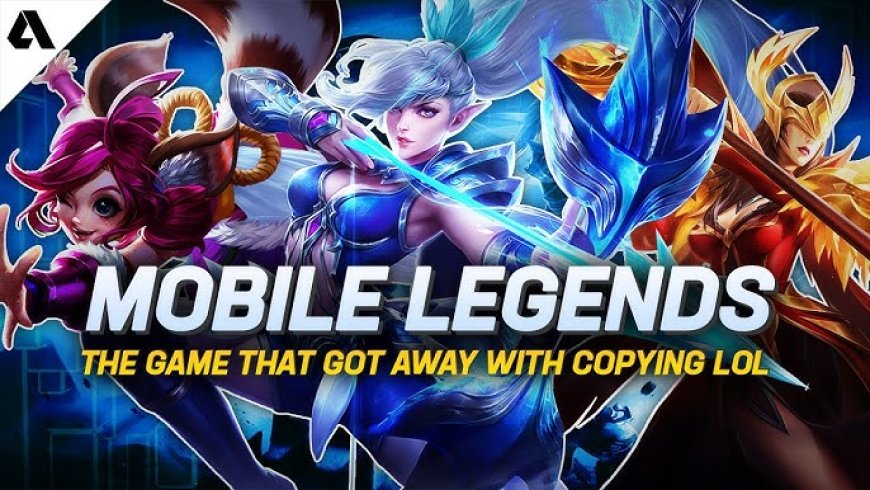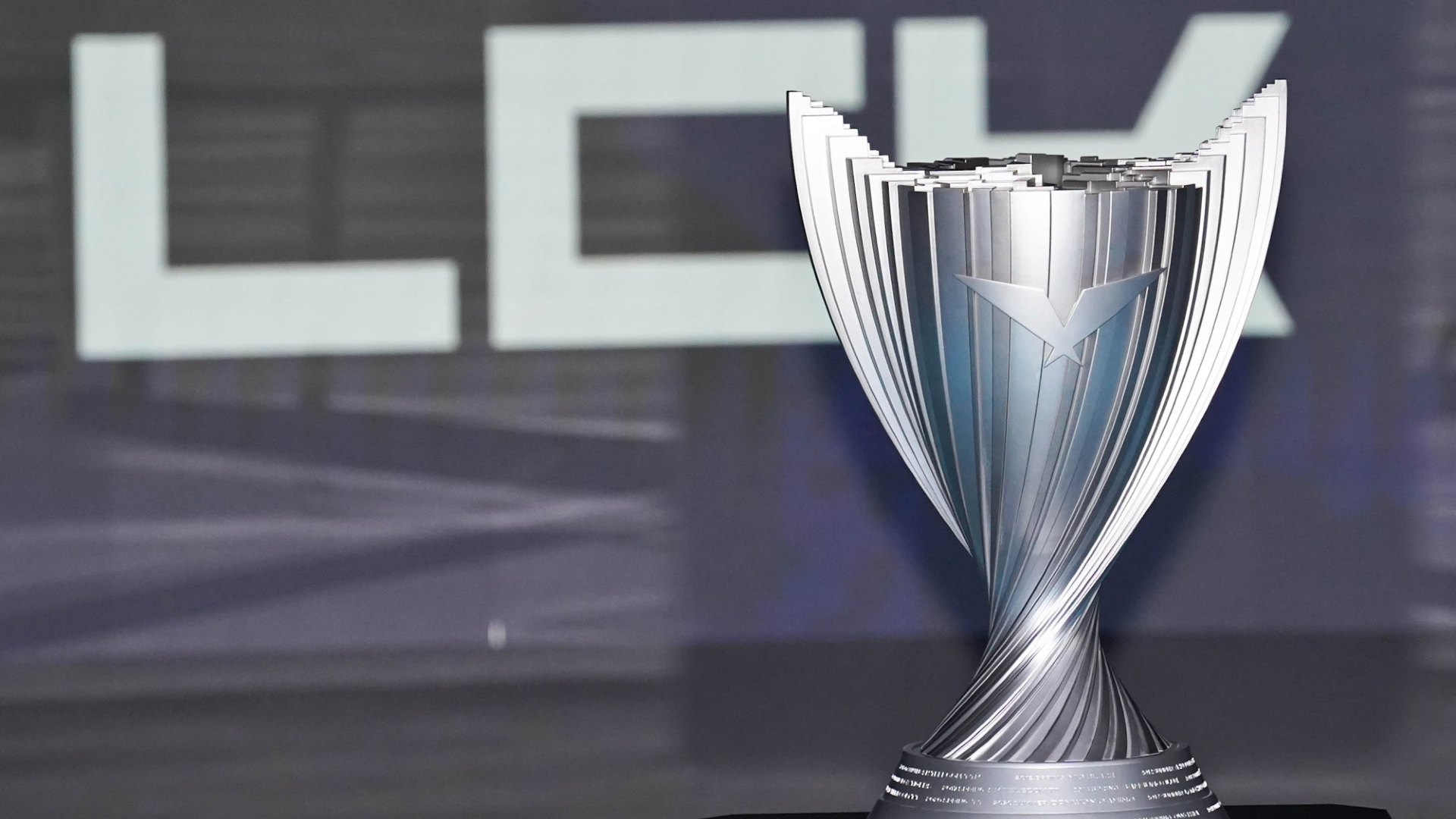Mobile legends cheap copy of LOL?
Mobile legends and league of legends are both Moba games that are played by most people now a days, not knowing how much mobile legends copied the games character designs.

The Mobile Legends vs. League of Legends Controversy: A Story of Similarities, Success, and Ethical Questions
The gaming world has long been a hotbed of innovation and competition, but it’s also a space where disputes over originality and intellectual property often emerge. One of the most notable examples of this tension is the ongoing controversy between Mobile Legends: Bang Bang (commonly referred to as Mobile Legends) and League of Legends (LoL), two immensely popular multiplayer online battle arena (MOBA) games. Since its inception, Mobile Legends has faced accusations of closely mirroring LoL’s character designs, gameplay mechanics, and overall aesthetic, raising questions about creativity, ethics, and business practices in the gaming industry.
A Controversial Beginning
Released in 2016 by Moonton, Mobile Legends quickly gained traction, offering a mobile-friendly MOBA experience that appealed to players who didn’t have access to PCs or consoles. However, almost immediately, comparisons to Riot Games’ League of Legends, which had dominated the MOBA scene since its launch in 2009, began to surface. Gamers and critics alike pointed out the striking similarities between the two titles, from character designs and abilities to map layouts and mechanics.
In 2017, Riot Games filed a lawsuit against Moonton, accusing the company of copyright infringement. The legal documents highlighted numerous examples of alleged copying, including nearly identical character designs and skill sets. The dispute culminated in Moonton being ordered to pay $2.9 million in damages. While the lawsuit brought the issue into the public eye, the controversy didn’t end there. Over the years, Moonton has continued to face scrutiny for allegedly drawing inspiration from League of Legends, though the company has made efforts to evolve its content and differentiate itself.
The Role of Community Perception
Part of what has allowed the controversy to persist with relatively less public outcry is the reputation of both the LoL and Mobile Legends communities. Both player bases have been criticized for fostering toxic behaviors, which has, to some extent, overshadowed discussions about the allegations of copying. Within gaming circles, debates about intellectual property often devolve into heated arguments rather than constructive discourse, which can diminish the focus on the ethical implications of such disputes.
Another factor is the widespread assumption that Mobile Legends, as a product of a Chinese-owned company (Moonton was later acquired by ByteDance), is naturally inclined toward drawing “inspiration” from other successful games. While such generalizations are problematic and overly simplistic, they have shaped public perception, with some dismissing the controversy as an inevitable result of business practices within the gaming industry.
The Success of Mobile Legends
Despite its controversial beginnings, Mobile Legends has carved out a significant niche for itself, particularly in Southeast Asia, where it enjoys immense popularity. The game’s accessibility on mobile platforms has been a key factor in its success, providing players with a MOBA experience that is both convenient and engaging. It has also built a thriving esports scene, with tournaments like the Mobile Legends: Bang Bang Professional League (MPL) drawing large audiences and fostering competitive play.
Moonton’s ability to continuously update the game with new characters, skins, and events has kept its player base engaged, and its popularity shows no signs of waning. Mobile Legends has become more than just a “LoL clone”; it is now a cultural phenomenon in its own right, proving that even a game built on a controversial foundation can achieve significant success.
Broader Implications for the Gaming Industry
The Mobile Legends vs. LoL controversy highlights broader challenges in the gaming industry, particularly when it comes to originality and intellectual property. While it’s common for games to draw inspiration from one another, the line between inspiration and plagiarism can be difficult to define. This gray area is further complicated by the global nature of the gaming industry, where cultural and legal differences can influence how intellectual property disputes are perceived and resolved.
For developers, the controversy serves as a cautionary tale about the importance of innovation and ethical practices. While Mobile Legends has successfully built its own identity over time, the initial allegations of copying have left a stain on its reputation, one that continues to resurface whenever new similarities to League of Legends are spotted.
For gamers, the situation is a reminder to approach such controversies with nuance and critical thinking. While it’s easy to jump to conclusions or make sweeping generalizations, understanding the complexities of the issue—such as the role of market pressures, cultural perceptions, and the evolving nature of games—can lead to more meaningful discussions about creativity and fairness in the industry.
Success Without Validation
It’s important to acknowledge that Mobile Legends’ success does not necessarily validate its actions in the eyes of critics. While the game has grown into a global phenomenon, the ethical questions surrounding its origins remain unresolved for many. The fact that Mobile Legends has thrived despite its controversial foundation is a testament to its ability to adapt and innovate, but it also raises questions about accountability in the gaming world.
As players and industry stakeholders continue to debate the controversy, one thing is clear: the conversation about originality, inspiration, and intellectual property is far from over. Whether you’re a fan of Mobile Legends, League of Legends, or both, the story of these two games offers valuable lessons about the challenges and opportunities of creating in a competitive and rapidly evolving industry.
What's Your Reaction?












/https://tf-cmsv2-smithsonianmag-media.s3.amazonaws.com/filer_public/54/66/546650fa-26a4-40fd-8d6d-5a7a04540f81/rosetta2.png)
:max_bytes(150000):strip_icc():focal(999x0:1001x2)/robert-prevost-050825-1-39395418ab494da5a3a700c9478e66c8.jpg)















































format(webp))
format(webp))


























